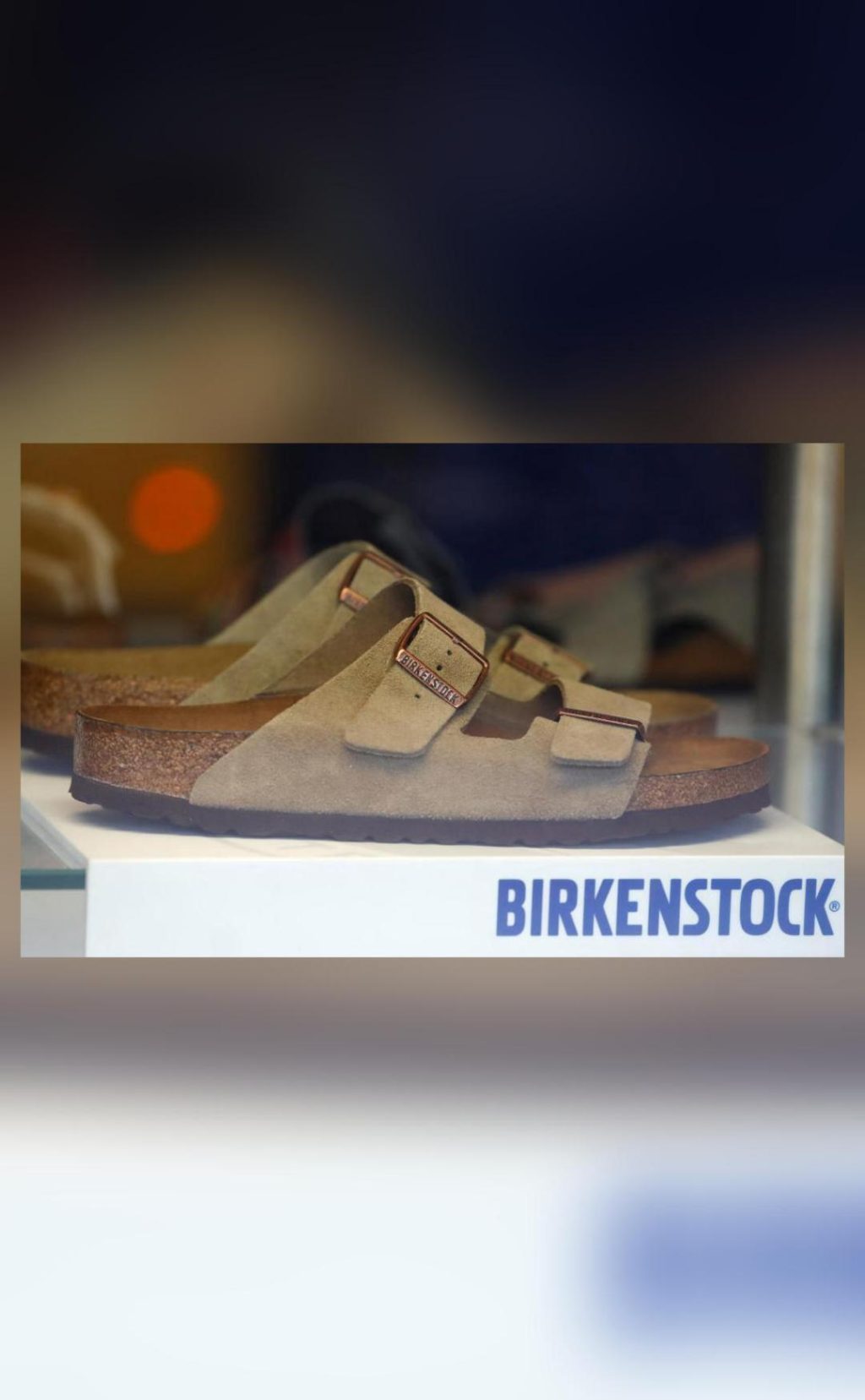
Birkenstock Sandals are Not Art, Rules Top German Court
Birkenstock, the popular sandal maker, has suffered a setback in its bid to protect its iconic sandals as “works of art” under German law. Germany’s Federal Court of Justice has ruled that Birkenstock’s sandals are not eligible for the stronger intellectual property protections afforded to works of art. The decision comes after the company sued three competitors who were selling sandals similar to its own.
The controversy began when Birkenstock sought to declare its sandals as “copyright-protected works of applied art” in a lawsuit against three competitors who were selling sandals with similar designs. Under German law, works of art enjoy stronger intellectual property protections than ordinary consumer products. By declaring its sandals as works of art, Birkenstock hoped to prevent its competitors from selling similar products.
However, the German court has rejected Birkenstock’s argument, ruling that its sandals do not meet the legal criteria for being considered works of art. According to the court, a work of art must be a “unique and original creation” that has “aesthetic value” and is intended for “display or contemplation”.
The court’s decision is seen as a major blow to Birkenstock, which has built its brand around the aesthetic appeal of its sandals. The company has been known for its distinctive designs, which are often inspired by traditional European styles. However, the court’s ruling suggests that Birkenstock’s sandals are simply functional products that do not possess the level of artistic creativity and originality required to be considered works of art.
The decision has significant implications for the intellectual property law in Germany, as it sets a precedent for the protection of designs and aesthetics in consumer products. The court’s ruling suggests that companies cannot simply declare their products as works of art in order to gain stronger intellectual property protections.
The court’s decision has also sparked a debate about the definition of art and the role of aesthetics in consumer products. Some have argued that the court’s ruling is too narrow, and that many consumer products can be considered works of art in their own right. Others have argued that the court’s decision is a necessary one, as it prevents companies from abusing the intellectual property system by declaring their products as works of art.
The news of the court’s decision has sent shockwaves through the fashion industry, with many designers and brands expressing concerns about the implications for their own intellectual property rights. Some have argued that the decision is a blow to the creative industries, as it suggests that companies cannot protect their unique designs and aesthetics through intellectual property law.
However, others have argued that the decision is a necessary one, as it prevents companies from abusing the intellectual property system and stifling innovation. The court’s ruling has also sparked a debate about the role of aesthetics in consumer products, with some arguing that companies should focus on creating high-quality, functional products rather than trying to declare them as works of art.
In conclusion, the German court’s decision that Birkenstock sandals are not art has significant implications for the intellectual property law in Germany and the fashion industry as a whole. The decision sets a precedent for the protection of designs and aesthetics in consumer products, and has sparked a debate about the definition of art and the role of aesthetics in consumer products. As the debate continues to unfold, it is clear that the court’s decision will have a lasting impact on the way companies approach intellectual property protection and the way consumers think about the products they buy.
Source: https://indianexpress.com/article/world/birkenstock-sandals-art-german-court-9846793/lite/






